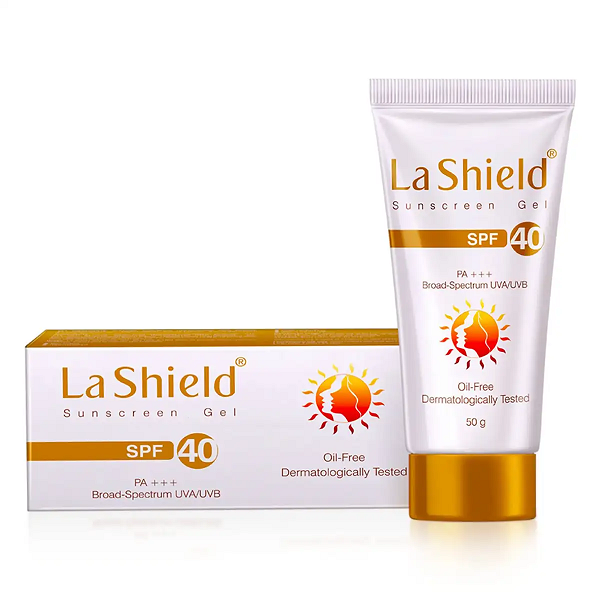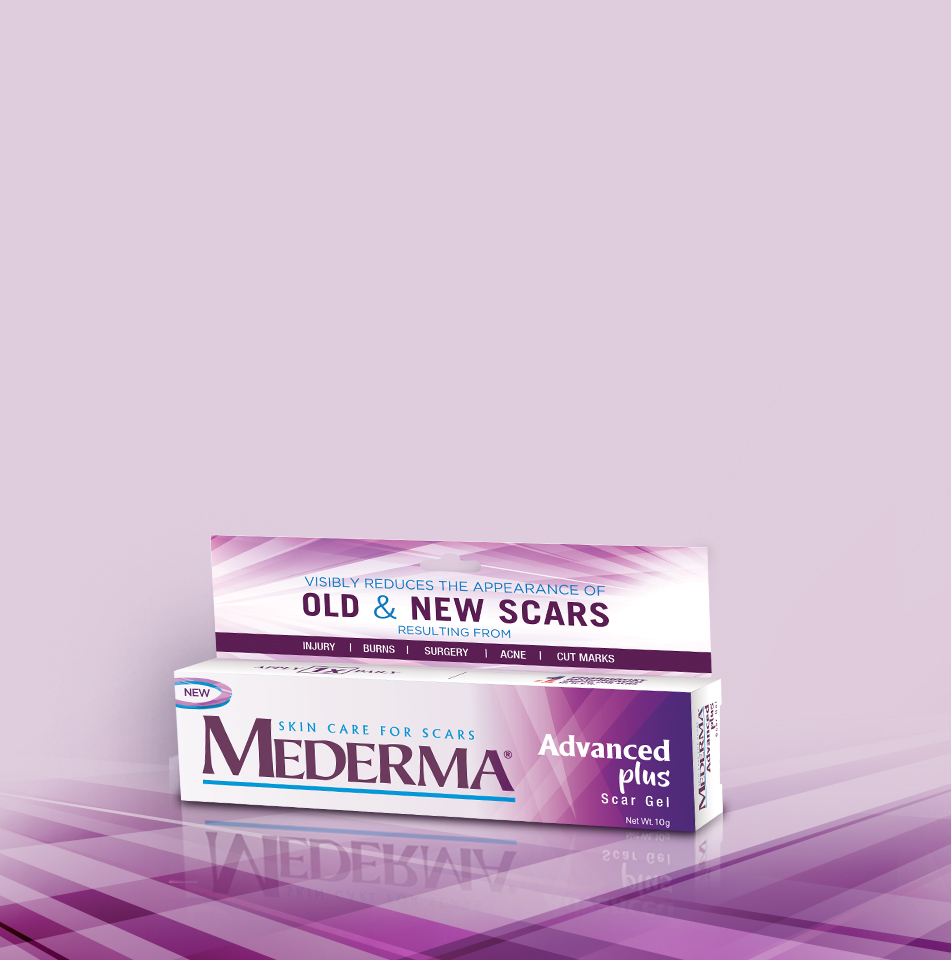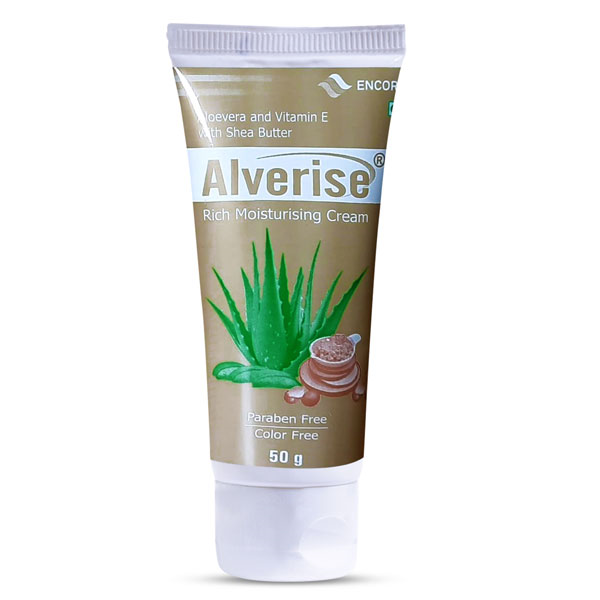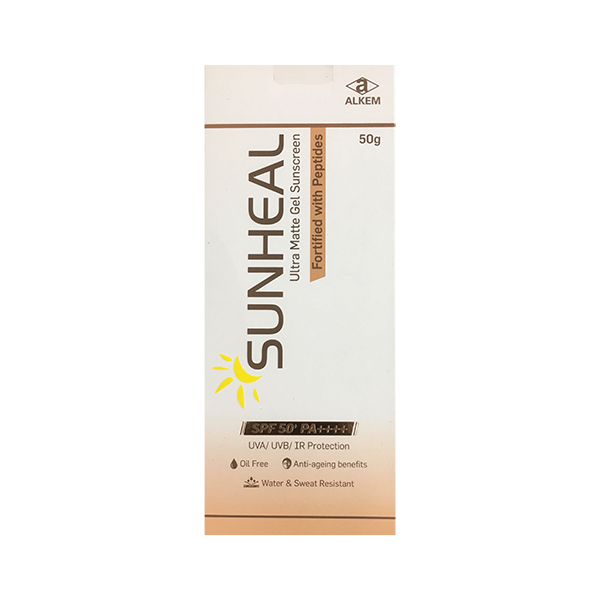Clindakem A Gel 20gm pack of 2
5 %
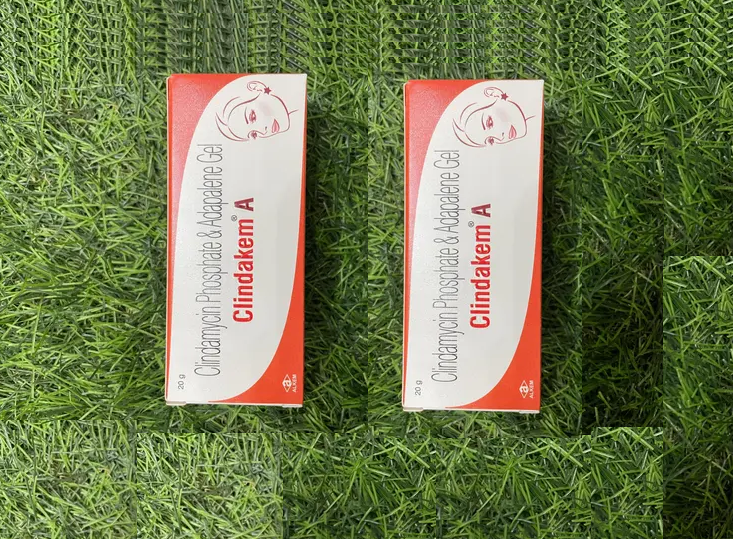
About Clindac A Gel
Clindac A Gel is used to treat acne (pimples). Acne is a skin condition caused when the hair follicles are plugged with oil and dead skin cells. Symptoms include blackheads, pus-filled pimples, and large/red bumps.
Clindac A Gel contains 'Clindamycin' that works by inhibiting bacterial protein synthesis, which stops bacterial growth. It shows a bacteriostatic effect, which prevents the multiplication of bacteria.
Clindac A Gel is for external (for skin) use only. Avoid contact with eyes, eyelids, lips, and mouth. Like all medicines, Clindac A Gel also causes side effects, although not everybody gets them. Common side effects of Clindac A Gel include burning sensation, itching, dryness, redness, oily skin, and peeling of the skin. Most of these side effects do not require medical attention and gradually resolve over time. If these side effects persist longer, please consult your doctor.
Please tell your doctor if you are allergic to any of the components in Clindac A Gel. Let your doctor know if you have a history of eczema, dermatitis (inflammation of the skin), inflammatory bowel disease or antibiotic-associated colitis (inflammation of the colon). Do not use Clindac A Gel on sunburnt, dry, or irritated skin. Let your doctor know if you are pregnant, planning to conceive, or a breastfeeding mother before using Clindac A Gel. Clindac A Gel is not recommended for children below 12 years of age.
Uses of Clindac A Gel
Key Benefits
Clindac A Gel is an antibiotic that treats acne (pimples). It contains Clindamycin which works by inhibiting bacterial protein synthesis, which inhibits bacterial growth. It shows a bacteriostatic effect, which stops bacterial reproduction but doesn't kill them.
Directions for Use
Storage
Side Effects of Clindac A Gel
- Burning sensation
- Itching
- Dryness
- Redness
- Oily skin
- Peeling of the skin
Drug Warnings
Do not use Clindac A Gel if you are allergic to any of its components. Let your doctor know if you have any liver disease, kidney disease, gastrointestinal diseases (colitis, an inflammation of the colon), and allergic conditions (asthma, hay fever, eczema, and dermatitis). Please limit the use of products that contain large amounts of alcohol (astringents, shaving creams or after-shave lotions), hair removal products, and products containing lime or spices while using Clindac A Gel. Do not apply Clindac A Gel on mucous membranes, lesions, and large areas of skin. Pregnant and breastfeeding women should consult their doctor before using Clindac A Gel. Clindac A Gel is not recommended in children below 12 years of age.
Drug Interactions
Drug-Drug Interaction: Clindac A Gel may interact with antibiotics (erythromycin), anticoagulants (warfarin), and neuromuscular blocking agents (atracurium, vecuronium).
Drug-Food Interaction: No interactions were found/established.
Drug-Disease Interaction: Before using Clindac A Gel, let your doctor know if you have any liver disease, kidney disease, colitis, asthma, hay fever, eczema, and dermatitis.
Drug-Drug Interactions Checker List
- ERYTHROMYCIN
- WARFARIN
- ATRACURIUM
- VECURONIUM
Habit Forming
Diet & Lifestyle Advise
- Avoid harsh products on your skin.
- Do not share cosmetic products, face towels, and bathing bars.
- Manage stress, eat healthily, drink plenty of water, exercise regularly, and get plenty of sleep.
- Avoid or limit the intake of alcohol and caffeine.
- Rinse your face with water several times a day to avoid breakouts.
- Do not scratch or pick your skin to avoid infecting the affected area.
- Hydration is important in managing acne; hence drink 3-4 litres of water daily to eliminate toxins from the body.
- Include anti-inflammatory foods in your diet.
Special Advise
-
Consult your dermatologist if you do not notice any improvement after 4-6 weeks of treatment with Clindac A Gel.
-
Foam products are flammable; keep them away from flames and extreme heat. Do not puncture or incinerate the foam canister.
-
If the acne doesn't improve, ultrasound scanning of the abdomen is advised to check if there is any possibility of PCOD (Polycystic Ovarian Disease).


